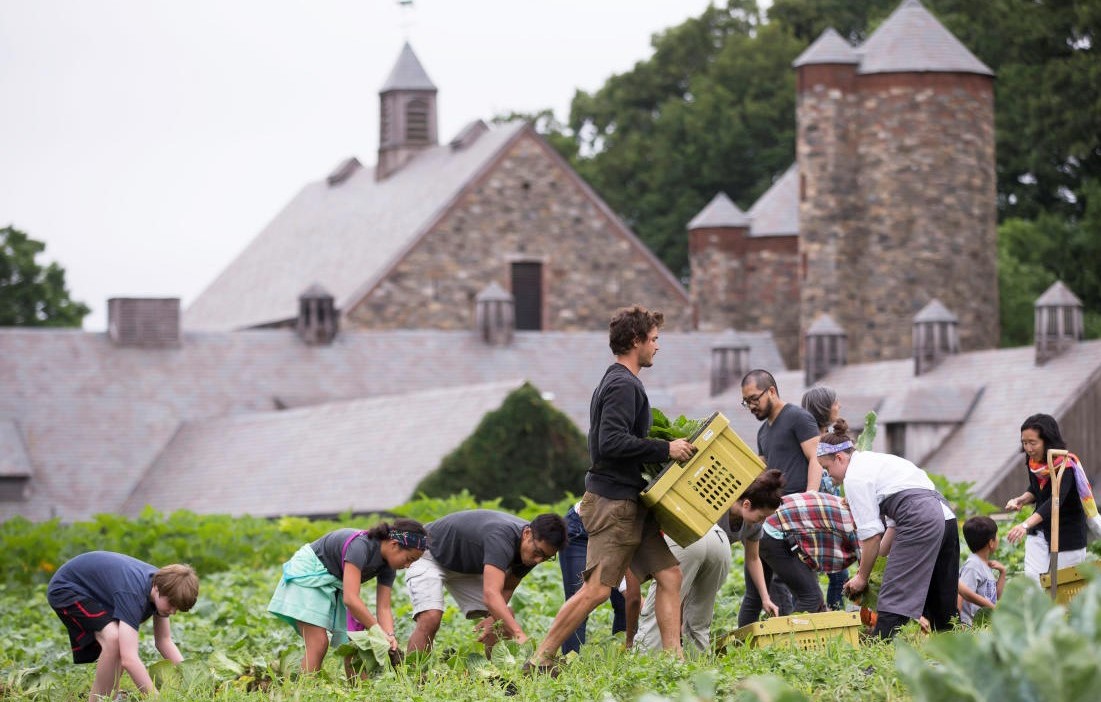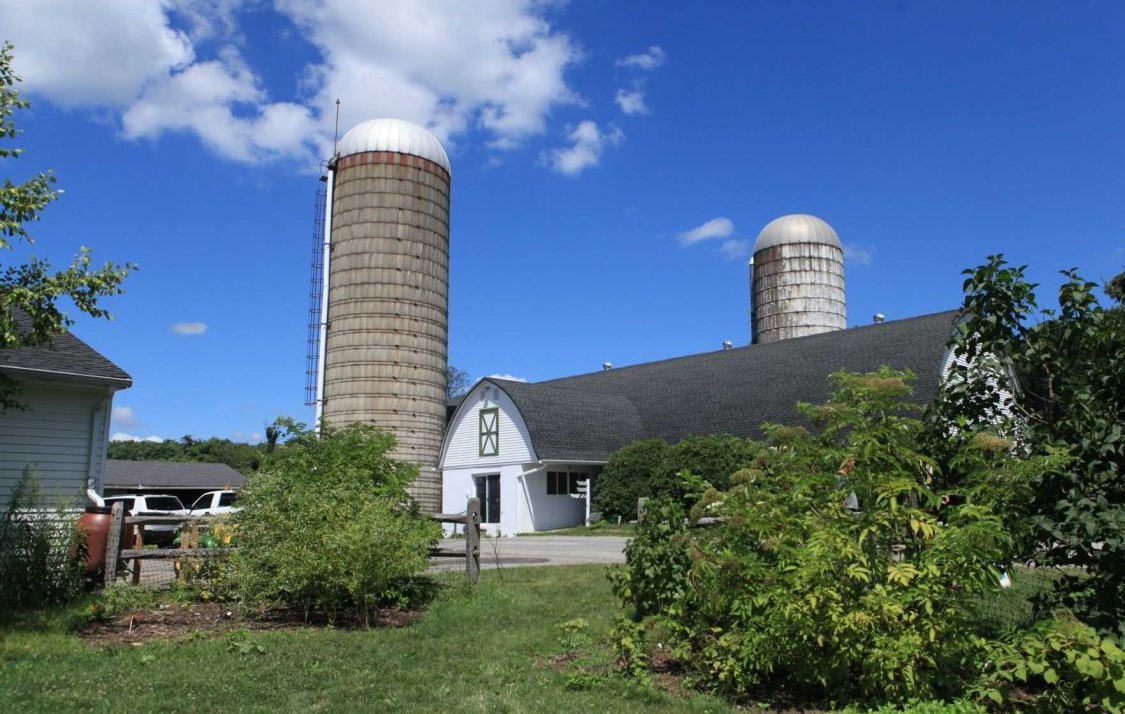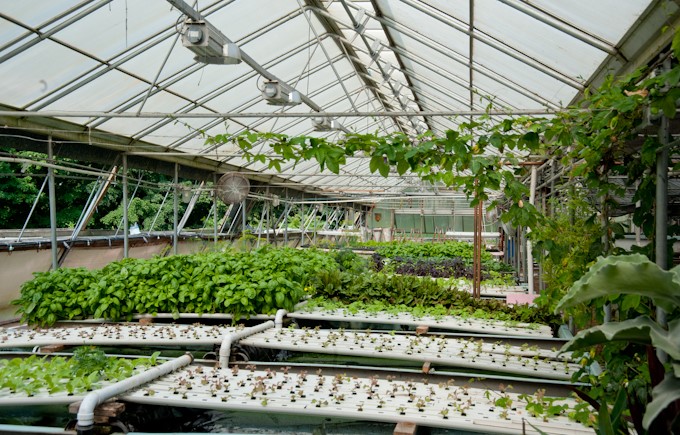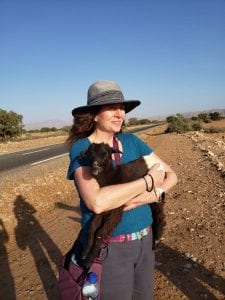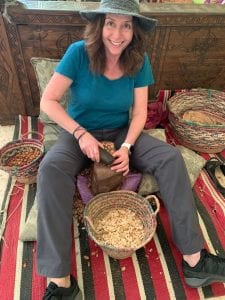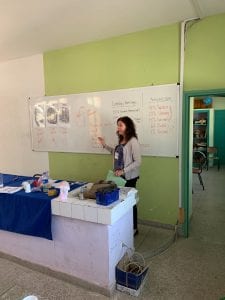Fellow Friday – Meet Laurel Cardellichio

 We are so proud of our 2020 class of Fund for Teachers Fellows and believe Teacher Appreciation Week is the perfect time to begin a weekly series that introduces! Through individual profiles, as well as those focusing on themes these exemplary teachers will pursue in the summer of 2021, you will appreciate these Fellows commitment to their profession, students and school communities.
We are so proud of our 2020 class of Fund for Teachers Fellows and believe Teacher Appreciation Week is the perfect time to begin a weekly series that introduces! Through individual profiles, as well as those focusing on themes these exemplary teachers will pursue in the summer of 2021, you will appreciate these Fellows commitment to their profession, students and school communities.
Today, meet Laurel Cardellichio, science teacher at Croton-Harmon High School in Croton-on-Hudson, NY. Currently, she teaches AP Environmental Science and Regents Chemistry, but she’s also taught Biology, Animal Physiology, Forensic Science, and Psychology. Prior to being named a 2020 FFT Fellow, Laurel earned recognition as a Fulbright Teachers for Global Classrooms Fellow, Regeneron STEM Teacher Fellow, and her National Geographic Certification.
On her CardClassroom global education guide/blog, Laurel shares her mission statement:
[minti_blockquote]“Create scientifically and geographically literate students who, have passion for discovery of the natural world around them have the knowledge, the confidence and the skills to communicate ideas respectfully and, have the drive to become positive agents of change as globally competent citizens”[/minti_blockquote]
The Fund for Teachers fellowship Laurel designed, not surprisingly, is right in line with her mission. With her grant, Laurel will research traditional knowledge-based agricultural practices in Italy to create partnerships with local farms and learning that promotes traditional farming methods:
- mitigating climate change
- improving food security, and
- conserving biodiversity.
Laurel explained the reasoning behind this fellowship in her proposal:
“Just like my students, I learn best through experience and I propose to immerse myself in the history and culture of traditional agriculture ecosystems of Italy. There are two Globally Important Agricultural Heritage Systems (GIAHS) in Italy designated by the Food and Agriculture Organization of the United Nations (FAO). These GIAHS, dominated by olive groves and vineyards in the Umbria and Veneto regions of Italy, provide significant examples of historical and modern human agricultural practices in harmony with nature. The traditional knowledge based practices conducted in these regions date back to the Roman Empire and smallscale family farms are exemplars for sustainability, biodiversity, and climate change mitigation. My teaching practice will be strengthened as I learn how historic food ecosystems reflect culture and sustainable land management, and how modernization and climate change has impacted them.”
- Stone Barns Center
- Hilltop Hanover Farm
- Cabbage Hill Farm
Laurel’s goal for her students is for them to learn how sustainable management of agricultural land must be approached as an ecosystem and how that supports the Slow Food Movement. While she will pursue experiences and information across Italy to support this goal, her students’ work will be tied to farms surrounding their school community north of New York City. Three small-scale farms in Westchester County (Stone Barns Center for Food and Agriculture, Hilltop Hanover, and Cabbage Hill) will serve as her “homebase” from which she and students will learn best practices and develop mentoring relationships for future research projects.
Her keen interest in land sustainability stems from her personal interest in gardening, professional love of teaching environmental science and unique professional learning experiences.
“As a Regeneron Fellow, I took a course centered on the impacts of climate change on the ability of Athabascan Indians of Alaska to preserve their heritage largely centered on seasonally-based traditional methods for obtaining food,” said Laurel. “When I learned that I was going to Morocco [through the Fulbright program], I immediately started researching environmental issues in the country and the preservation of oases came up. I had never thought beyond movie depictions of the oasis mirage. I am thankful to my host teacher, who brought me to an oasis upon my request. When my research lead me to the GIAHS – completely by surprise – I found out the the FAO also has an interest in preserving human culture in the form of traditional agriculture.”
- En route to the Women’s Argan Cooperative
- Cracking argan nuts at the Cooperative
- Teaching at Lycee Sidi ou Sidi
According to Laurel, the postponement of 2020 grant recipients’ fellowships until next summer gives her that much more time to prepare for an even more meaningful learning experience. COVID permitting, she plans to go ahead with her stateside portion of her fellowship, filming interviews at local farms and aligning her research for use in the classroom this year. This initial contact will lay the groundwork for students’ participation in the farms’ hands on workshops, guided tours and internship opportunities for seniors.
“Although I wish I could have carried out my fellowship this summer, I believe the delay for the Italy part will be very beneficial for multiple reasons. This extra time will allow me to: further develop my video production skills this summer for lesson plans, conduct the local farm research/visits/filming this summer giving me valuable time to better prepare for the two weeks that I will be in Italy ; and learn a lot more Italian so that I may communicate respectfully and effectively to the people I meet on my adventure.”
 Back to Blogs
Back to Blogs